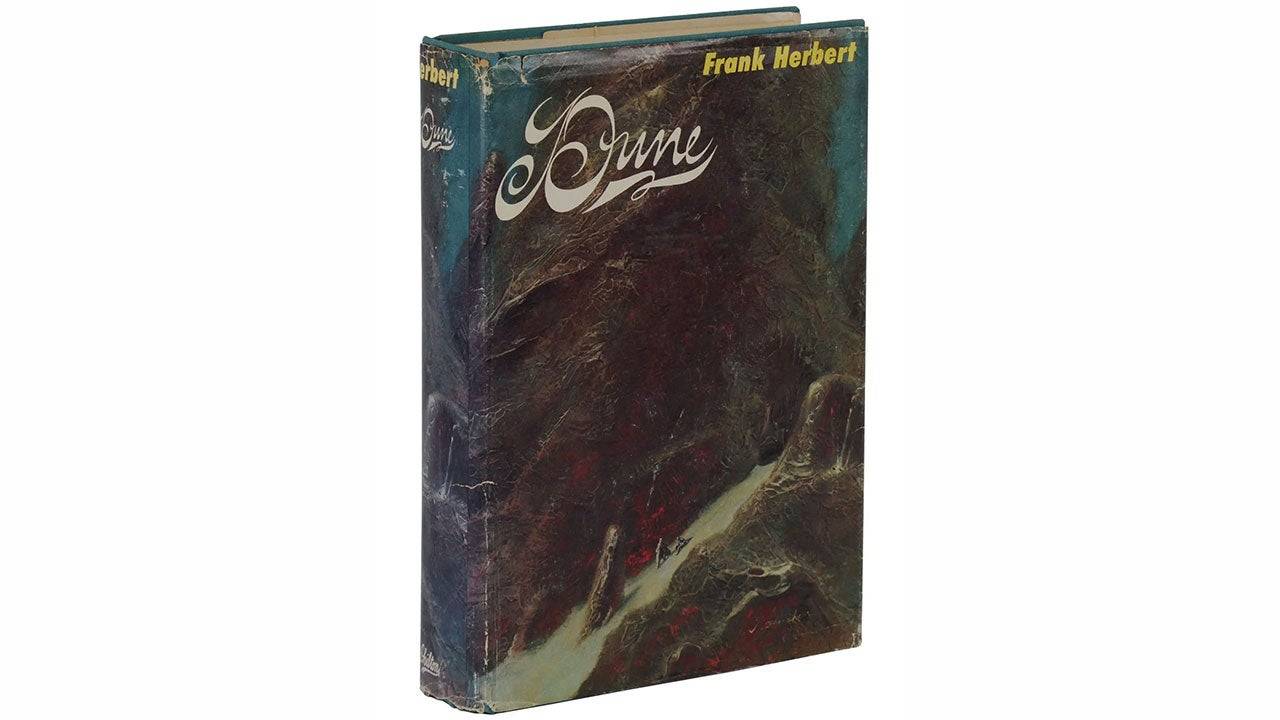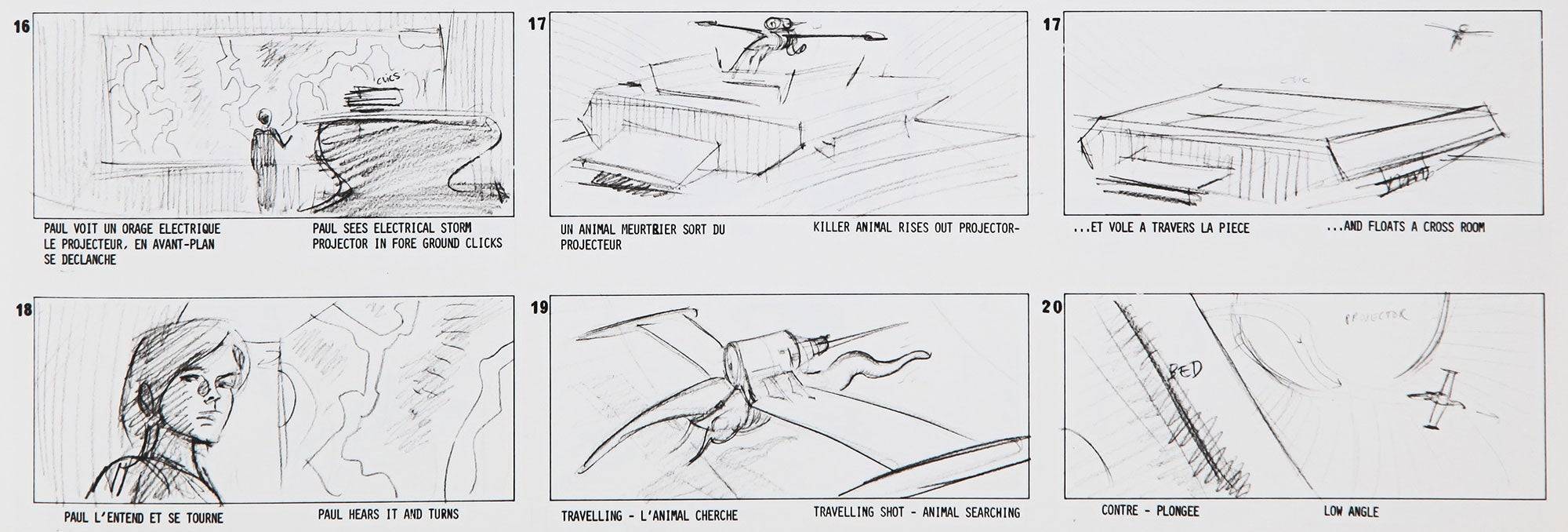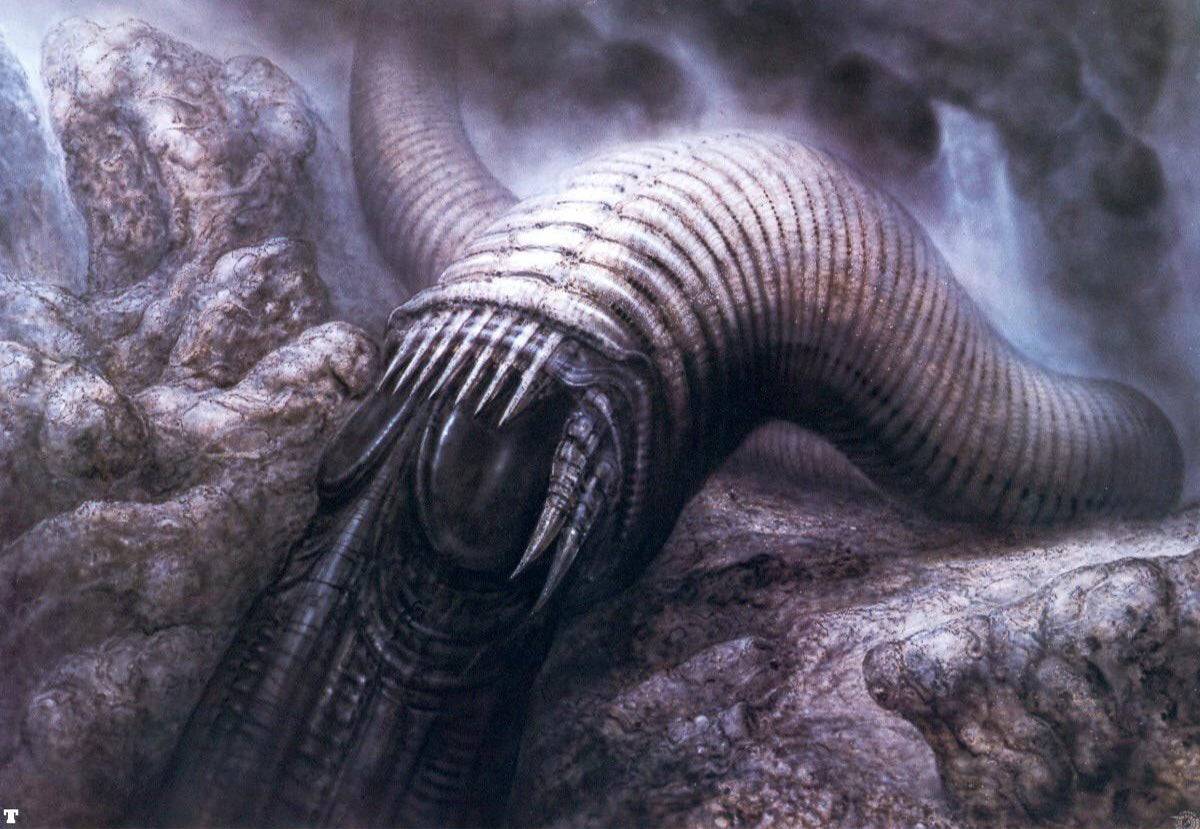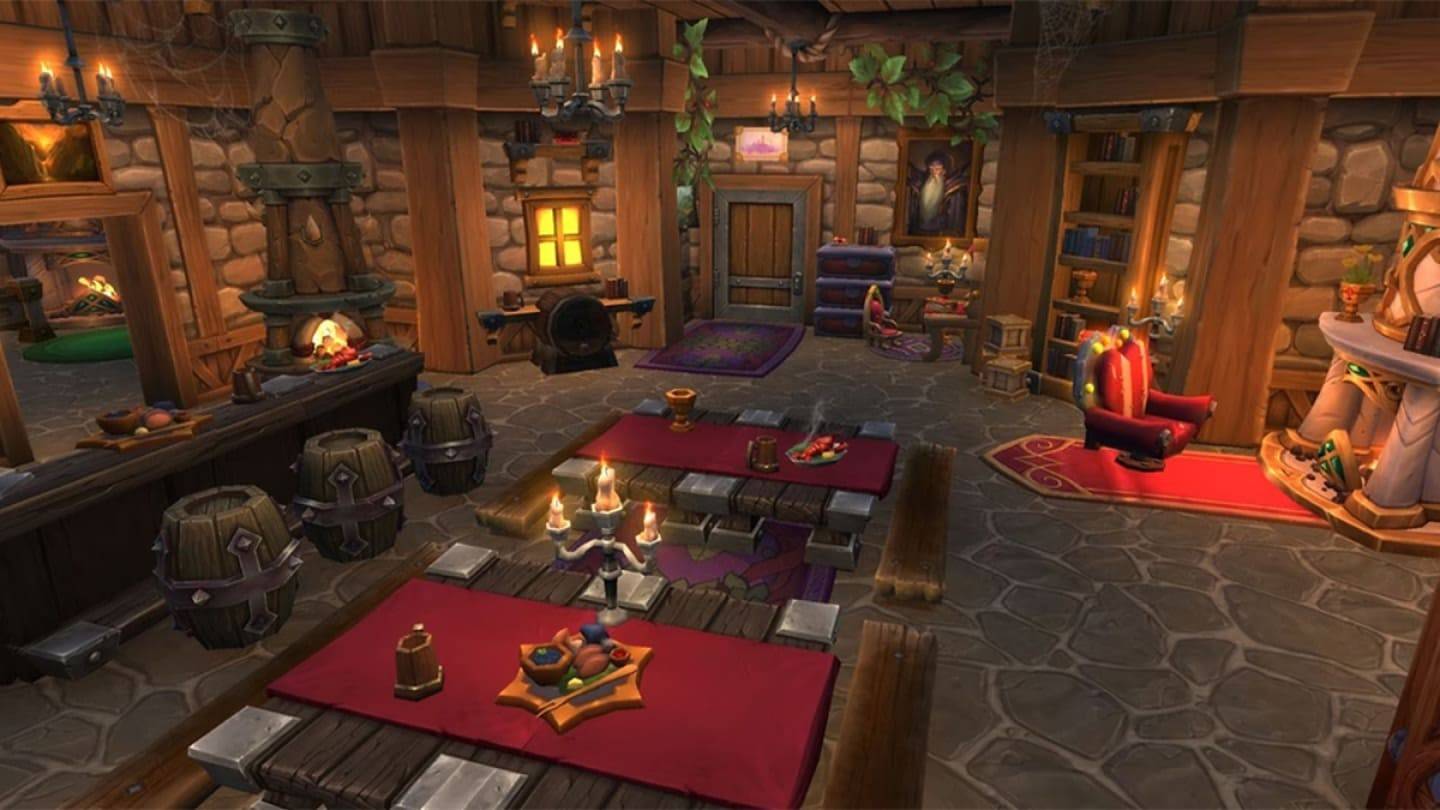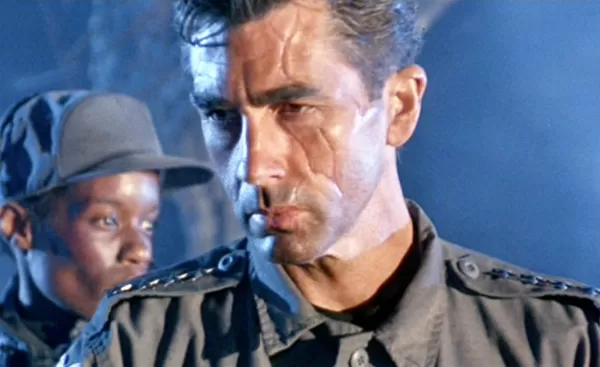Ridley Scott's Unmade Dune: A 40th Anniversary Revelation
This week marks four decades since David Lynch's Dune premiered, a box office flop that's since cultivated a devoted cult following. This stands in stark contrast to Denis Villeneuve's recent big-screen adaptations of Frank Herbert's classic novel. Ridley Scott's involvement, before Lynch took the reins, remains largely unknown—until now.
A 133-page draft of Scott's abandoned Dune screenplay, penned by Rudy Wurlitzer in October 1980, has been unearthed from the Coleman Luck archives at Wheaton College. This script, intended as part one of a two-part epic, reveals a strikingly different vision than either Lynch's or Villeneuve's interpretations.
Frank Herbert's initial screenplay was deemed overly faithful to the novel and cinematically unwieldy. Scott, after reviewing it, selected a handful of scenes, then enlisted Wurlitzer for a complete rewrite. The resulting script, while retaining the book's essence, injected a unique sensibility.
Numerous factors contributed to the project's collapse: the death of Scott's brother, his reluctance to film in Mexico (De Laurentiis's demand), a ballooning budget exceeding $50 million, and the allure of Universal's Blade Runner project. However, a key factor, as revealed in A Masterpiece in Disarray – David Lynch's Dune, was the script's lack of universal acclaim.
Was Wurlitzer's adaptation a cinematic failure, or simply too dark and politically charged for a mainstream blockbuster? A detailed analysis of the script allows readers to form their own conclusions. While Wurlitzer and Scott declined to comment, the script itself speaks volumes.
A Darker Paul Atreides
The script opens with a dream sequence depicting apocalyptic armies, foreshadowing Paul's destiny. The visual descriptions are richly evocative, showcasing Scott's signature stylistic density. Seven-year-old Paul, far from Timothée Chalamet's portrayal, undergoes a trial by pain, his Litany Against Fear intercut with his mother's, highlighting their psychic bond. While Lynch's version featured imagery of a burning hand, Scott's version emphasizes Paul's "savage innocence" and assertive nature. The script even includes a flash-forward showcasing Paul's transformation into a master swordsman. This contrasts with Lynch's portrayal, where Paul's vulnerability creates a different kind of tension.
The Emperor's Demise and Political Intrigue
The script introduces a pivotal twist: the Emperor's death, which serves as the catalyst for the events that follow. The Emperor's funeral, a mystical spectacle, is followed by a meeting between Leto and Baron Harkonnen, echoing the famous line, "He who controls the spice controls the universe."
The Guild Navigator and Arrakis
The script depicts the Guild Navigator as a bizarre, spice-mutated creature, a striking visual element absent from Villeneuve's films. The Atreides' arrival on Arrakis is depicted with a medieval aesthetic, emphasizing swords, feudal customs, and ecological devastation. The script highlights class disparity and urban squalor, drawing inspiration from The Battle of Algiers. A new action scene shows Paul and Duncan engaging in a brutal bar fight, a departure from the novel's more subtle approach to conflict. The scene also introduces Stilgar, the Fremen leader.
The Deep Desert and a Brutal Confrontation
Paul and Jessica's desert escape is intense, featuring a crash landing and a harrowing journey. Paul's encounter with a sandworm mirrors Villeneuve's adaptation. The script notably omits the incestuous relationship between Paul and Jessica, a significant change from earlier drafts that angered Herbert and De Laurentiis. The script still includes a moment of physical closeness between mother and son, however. The Fremen encounter and the duel with Jamis are depicted with graphic violence, mirroring, but expanding on, scenes from Lynch's film.
The Water of Life Ceremony and a New Royal Family
The script culminates in a Water of Life ceremony, a mystical and erotic ritual involving a shaman and a sandworm. Jessica becomes the new Reverend Mother, and Paul and Jessica are accepted by the Fremen. The script ends with Paul and Jessica, alongside Chani, presented as a new royal family, setting the stage for future conflict.
A Bold, Revisionist Vision
Scott's Dune, as envisioned by Wurlitzer, presents a darker, more politically charged interpretation of the novel. Paul is less a reluctant hero and more an ambitious leader, willing to utilize ruthless tactics to achieve his goals. While diverging significantly from Herbert's work, the script showcases a strong focus on the ecological, political, and spiritual elements of the story. Its mature themes and graphic violence likely contributed to its rejection, but it also offers a unique perspective on Herbert's epic. The script's legacy, however, extends beyond its unrealized cinematic potential, offering a fascinating glimpse into an alternate Dune universe. The enduring relevance of Herbert's themes—environmental decay, fascism, and the need for societal awakening—ensures that Dune will continue to captivate audiences for generations to come. Perhaps someday, another filmmaker will bring a version of Dune to the screen that fully embraces its ecological and political complexities.
